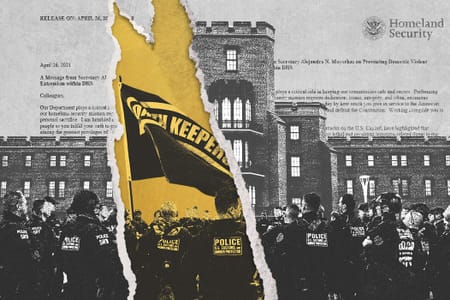DOJ Is Required to Report Each Death in Custody, but It Doesn’t
A 2014 law requires state and federal law enforcement to provide data on people who die while in custody. That data should inform policy changes to decrease deaths in custody. But after years of failed reporting, the data is still incomplete.








